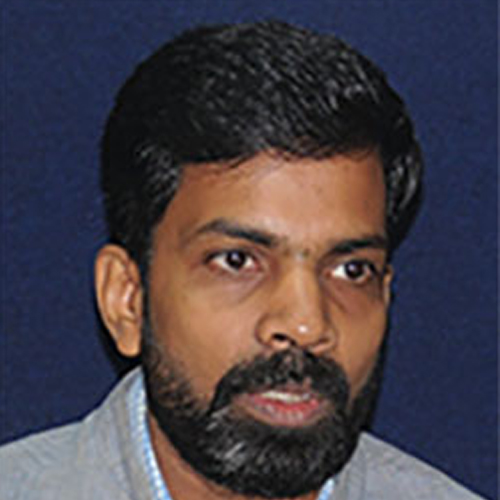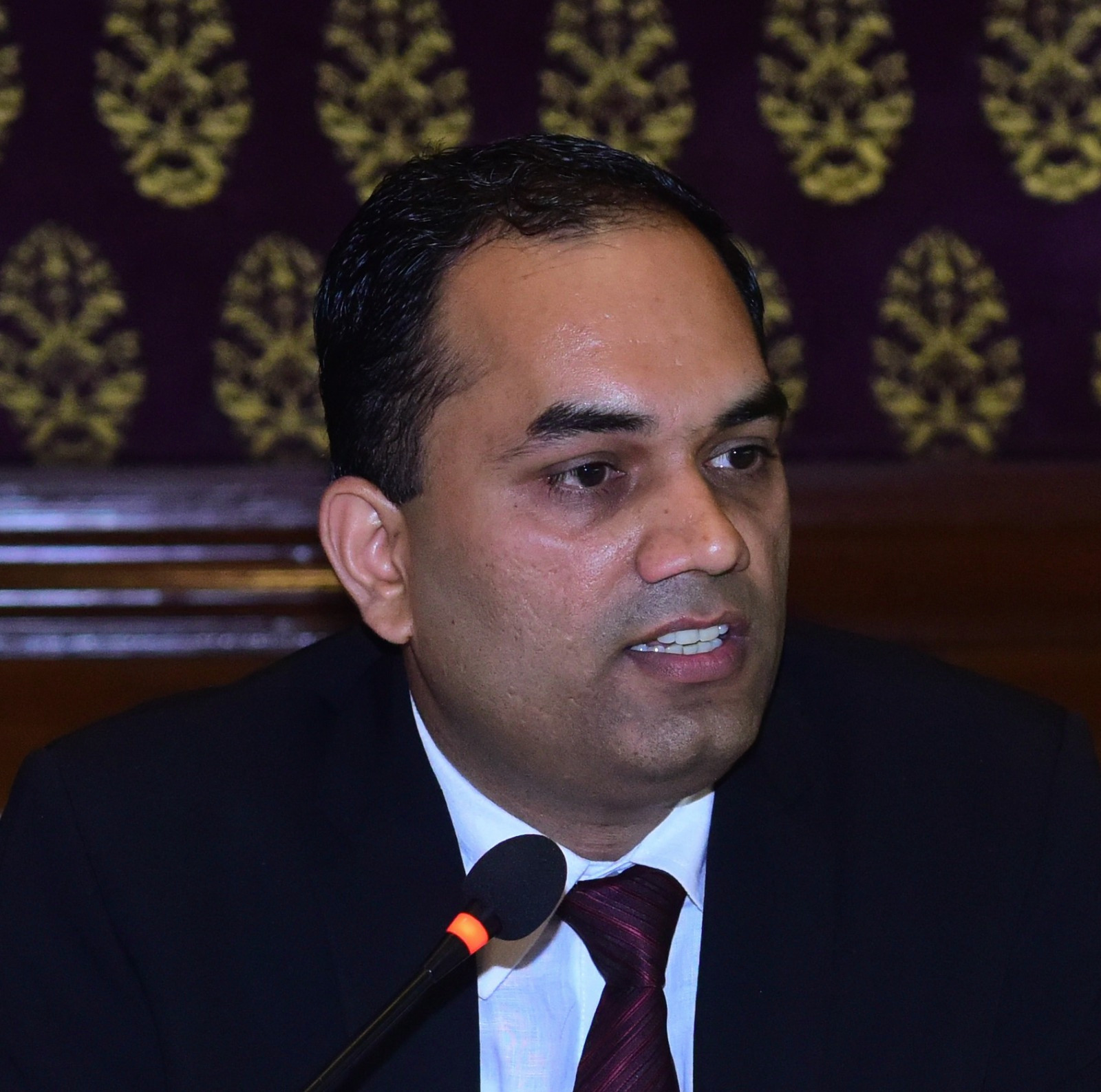Ethnicity and Security Forces in Guyana and Trinidad & Tobago
The perception of discrimination and the attendant reluctance of Indo-Trinidadians and Indo-Guyanese to enlist in proportionate numbers gives rise to a circle of claims of discrimination that never augur well for good race relations.
- Sanjay Badri-Maharaj
- September 05, 2016








